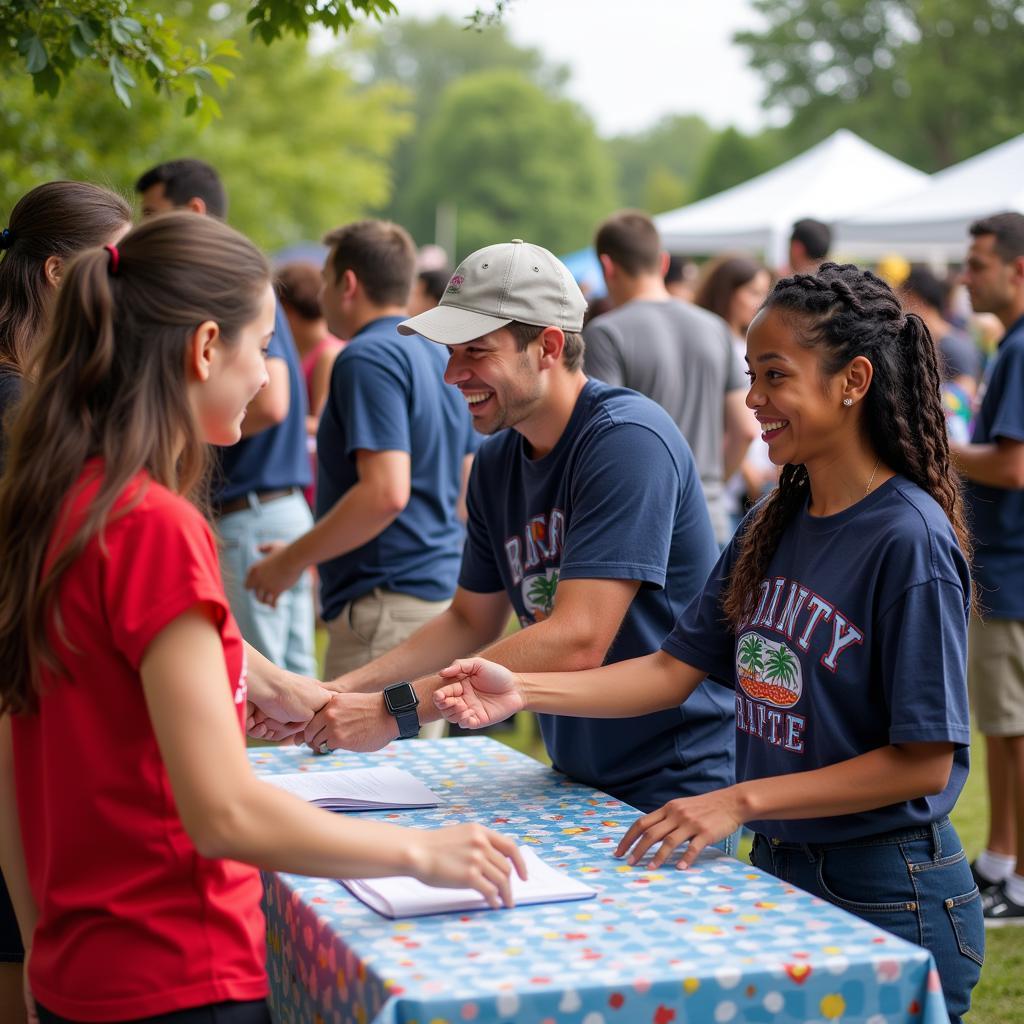What is a Voluntary Care Service?
Voluntary care services play a vital role in supporting individuals and communities. These services, often provided by non-profit organizations or charities, offer a wide range of assistance, from personal care to social and emotional support. Understanding what constitutes a voluntary care service, how it differs from statutory care, and its impact on those who receive it is crucial in navigating the complex landscape of care provision.
Understanding the nuances of voluntary care services can be incredibly beneficial for both those seeking care and those interested in contributing to the care sector. This article will delve into the definition of voluntary care, explore the various types of services offered, discuss the benefits and limitations, and highlight the important role these services play in enhancing community well-being. It will also touch upon how voluntary care interacts with local authorities and other statutory services. For those looking for specific information regarding voluntary care services, understanding the terminology and its place within the wider care system is essential. Are you interested in learning more about how local authorities commission social care services? Visit our informative article on how local authorities commission social care services.
Defining Voluntary Care Services
Voluntary care services are provided by non-profit organizations, charities, and community groups, offering support to individuals based on need, rather than legal obligation. This differentiates them from statutory services, which are mandated and funded by the government. Voluntary care can encompass a broad spectrum of assistance, including personal care, respite care, companionship, and practical support with daily tasks. The key characteristic is that these services are offered freely, based on assessed need and the availability of resources.
Types of Voluntary Care Services
Personal Care and Support
Voluntary organizations may offer personal care assistance, such as help with bathing, dressing, and meal preparation. This can be especially crucial for individuals recovering from illness or those with disabilities who require extra support to maintain their independence.
Respite Care
Respite care provides temporary relief for family caregivers, allowing them a break from their caring responsibilities. Voluntary organizations often organize day centers or short-term residential stays, offering a safe and supportive environment for those requiring care.
Companionship and Emotional Support
Many voluntary care services focus on combating loneliness and social isolation. Volunteers may visit individuals at home, offer companionship, engage in activities, and provide emotional support, enhancing their overall well-being. These services can be particularly vital for older adults or those living with chronic conditions.
 Elderly person receiving companionship care from a volunteer
Elderly person receiving companionship care from a volunteer
Practical Support and Assistance
Voluntary groups can also offer practical support, such as transportation to medical appointments, grocery shopping, or assistance with household chores. This can enable individuals to remain in their homes and maintain their independence for longer.
Benefits and Limitations of Voluntary Care Services
Voluntary care services offer numerous benefits, including personalized support, community integration, and cost-effectiveness. They can fill gaps in statutory provision and offer specialized services tailored to specific needs. However, limitations include reliance on donations and funding, potential waiting lists, and variations in service quality depending on the organization.
“Voluntary care offers a personalized touch that is often missing in larger, bureaucratic systems,” says Dr. Emily Carter, a leading geriatric care specialist. “The connection between volunteers and care recipients can be incredibly powerful.”
The Interplay Between Voluntary and Statutory Care
Voluntary care services often work in conjunction with statutory services, complementing and extending the support provided by local authorities and healthcare providers. They can provide specialized services that statutory bodies may not offer, enhancing the overall care landscape. Learn more about other care service options by checking out who provides social care services uk.
 Volunteers assisting with community event
Volunteers assisting with community event
The Importance of Voluntary Care in the Community
Voluntary care services are essential for building strong, resilient communities. They foster social inclusion, empower individuals, and promote a sense of belonging. By addressing unmet needs and providing vital support, voluntary care contributes significantly to the overall well-being of the community.
“The dedication and compassion of volunteers within the voluntary care sector are invaluable,” notes Dr. Michael Reed, a healthcare policy analyst. “Their contributions truly make a difference in the lives of countless individuals.”
Conclusion
What Is A Voluntary Care Service? It’s a vital lifeline for many, providing essential support and fostering community connection. From personal care to emotional support, voluntary organizations play a crucial role in enhancing the well-being of individuals and communities alike. Understanding the scope and importance of these services is key to navigating the care landscape and ensuring that those in need receive the support they deserve. To learn more about voluntary care services and related topics, explore our informative article on what is voluntary care services.
FAQ
- What is the difference between voluntary and statutory care?
- How are voluntary care services funded?
- How can I access voluntary care services in my area?
- What types of services do voluntary organizations offer?
- Are voluntary care services free?
- How do I become a volunteer for a voluntary care organization?
- Can voluntary care services provide long-term care?
Need support? Contact us via WhatsApp: +1(641)206-8880, Email: [email protected] or visit us at 456 Oak Avenue, Miami, FL 33101, USA. We have a 24/7 customer service team.
